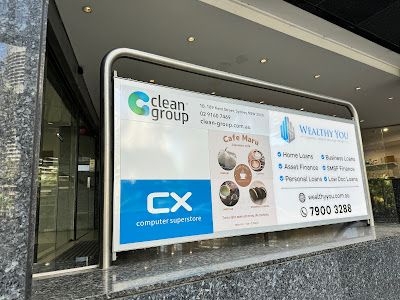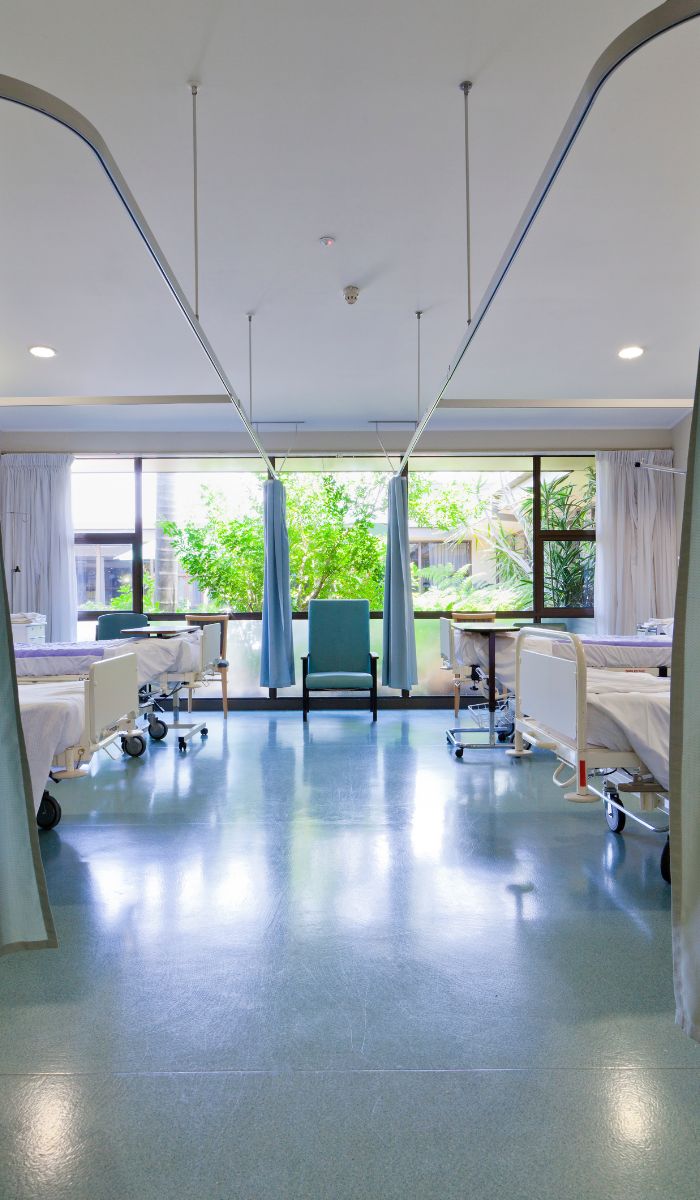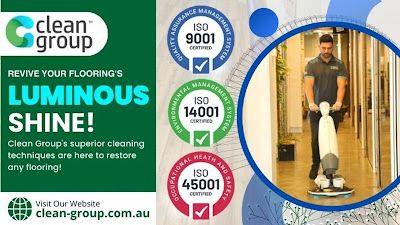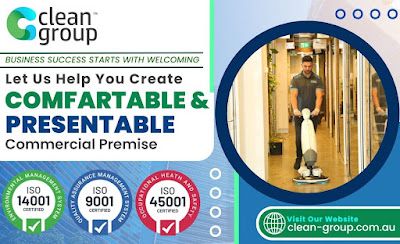
What ISSA Cleaning Standards Mean for Your Business Operations
Items Included in a Typical Commercial Cleaning Scope
In industrial and manufacturing settings, commercial cleaners manage environments with different hazards such as oil spills, metal shavings, dust buildup, and machinery residue. Cleaning must often comply with OSHA regulations and industry-specific safety protocols to prevent accidents and ensure operational continuity. Depending on the industry, cleaners may use industrial-grade equipment, wear protective gear, and work during off-hours to avoid disrupting production schedules. These environments demand a strong understanding of technical processes, safety awareness, and the ability to adapt to different physical conditions.
Another growing aspect of the commercial cleaning sector is the specialization in niche environments that require high-level precision and adherence to strict standards. For example, medical facilities, laboratories, and cleanrooms must meet stringent regulatory requirements such as those set by the Centers for Disease Control and Prevention (CDC) or the Occupational Safety and Health Administration (OSHA). Cleaners working in these settings must undergo advanced training in contamination control, biohazard disposal, and proper sanitization protocols. Likewise, facilities in the food production and pharmaceutical industries must maintain rigorous cleanliness to comply with health codes and manufacturing safety regulations, making commercial cleaning not just a matter of appearance but a critical component of operational safety.
Clean Group provides comprehensive and professional Clean Group A Trusted ISO Certified Company across Sydney, NSW. Our fully insured, trained, and security-verified cleaners ensure your workplace stays spotless and hygienic. Schedule a free onsite quote today—book online or call us at 02 9160 7469. Get your obligation-free commercial cleaning estimate for offices, buildings, and other business spaces in Sydney..

